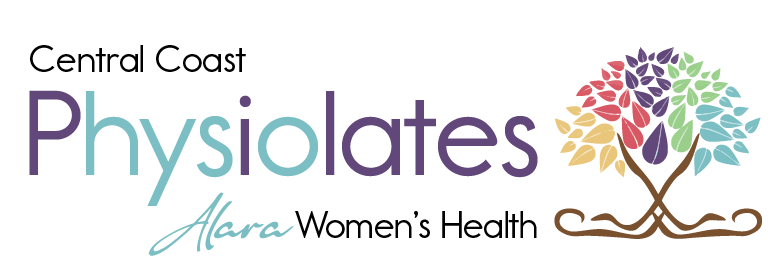Bladder
Bladder problems such as leakage & frequency can really impact your life
One in three women who have had a baby experience bladder leakage. So if you leak when you laugh, cough, sneeze or exercise (even just light bladder leakage from time to time), you’re not alone.
While the stats are high for mums who experience bladder leakage, it’s not normal. You don’t just have to deal with it or suffer in silence.
Even if you didn’t experience bladder leakage after having your babies, that doesn’t mean it won’t start as you get older or hit menopause (another common stage for bladder leakage to occur).
Common symptoms of bladder problems
- Frequent urge to rush to the toilet to urinate
- Leakage when you cough, sneeze, laugh or exercise
- Broken sleep due to a need to empty your bladder
- Feeling like your bladder doesn’t fully empty when you go to the toilet
- Difficulty getting started or having to return to the toilet soon after going
- Leaking urine on the way to the toilet
Common causes of bladder problems
Other than pregnancy and childbirth, when the weight of the baby and strain of the birth puts enormous pressure on the pelvic floor, there are many other common causes of bladder problems. These include:
- Constipation
- Menopause and ageing
- Neurological conditions
- Obesity
- Weak pelvic floor muscles
- Strenuous sports
- A chronic cough
- Inadequate fluid intake and poor toileting habits
How can we help?
The good news is, bladder leakage can be cured, prevented or at least well managed with the right education and exercise plan.
We teach you how to treat and prevent bladder problems through a combination of simple pelvic floor exercises, tailored to your needs, and correct bladder and fluid intake habits. We also educate you on how to recognise the symptoms of a weakening pelvic floor so you can manage it at home yourself and maintain a healthy pelvic floor for the rest of your life.
What to expect
You will see one of our Physiotherapists who specialises in women’s pelvic health. She will begin by asking you a series of questions about your bladder habits to obtain a detailed history.
This will be followed by an internal vaginal examination to assess the strength of your pelvic floor. She may use ultrasound as part of the assessment to test the activation of your muscles and teach you how to do it correctly.You will then be given an easy to follow pelvic floor exercise program designed specifically for you.
Book your appointment today
Booking an appointment is as easy as clicking the button below and choosing a time that's suitable for you.
